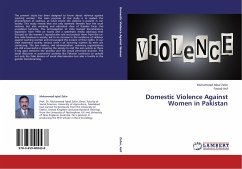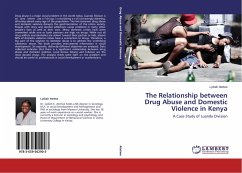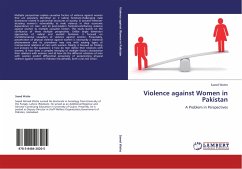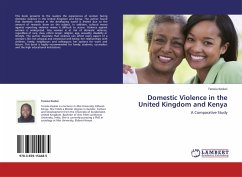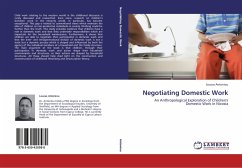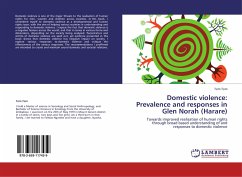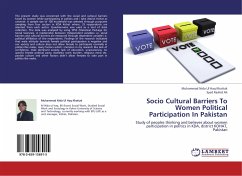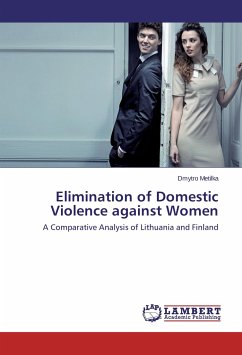The present study has been designed to know about violence against working women. The main purpose of this study is to explain the phenomenon of violence, at what extent the violence is present in our society. This study reveals that not only domestic females face the cruel violence but also working and educated class of females faces this uncivilized behavior. The promulgation of state backed discriminatory legislation from 1978 on wards and a systematic media advocacy that focused on the women's reproductive role and protect them from the un-due male biasness in society, led to an increase in the incidence of violence against working women and encouraged the erosion of their rights. In our male dominant society, various circle s of torturing women by men are continuing. The law makers, civil administration, voluntary organizations are still unsuccessful in inspiring the society to end this evil custom as there is big gaps between the practice and the actual perceived practice. The social discourse in patriarchal societies like Pakistan continues to uphold not only the false division of social discrimination but also a hurdle in the gender mainstreaming.
Bitte wählen Sie Ihr Anliegen aus.
Rechnungen
Retourenschein anfordern
Bestellstatus
Storno

